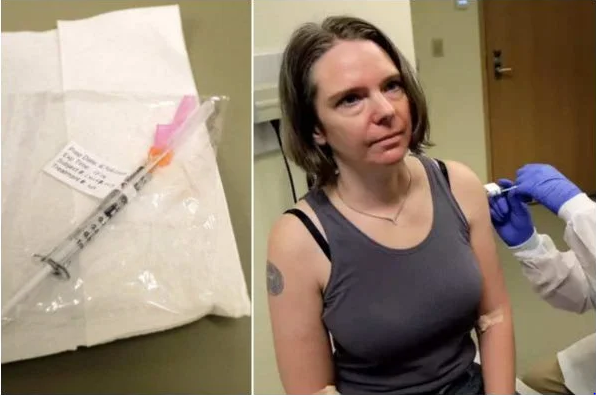Normally when you eat something sugary or carb-filled, your pancreas makes insulin, a hormone that your body needs to process glucose.
Any glucose that’s leftover is stored in your liver to make sure that it’s not hanging around in your blood.
And, according to health experts, this system works pretty darn well in non-diabetic healthy adults.
“A normal person who has no problem with their ability to control blood glucose range should never become significantly hyperglycemic,” she says.
If you’ve developed insulin resistance or have diabetes, however, your body isn’t as great at producing the insulin you need to process glucose, which means you’re more at risk for having blood glucose levels that are dangerously high, in this case.
Some of the effects of high blood sugar or the early signs that your blood sugar is too high include:
Fatigue. Feeling overly tired, weak, or fatigued are non-specific symptoms and may also be signs of low blood sugar, expert says.
But it’s important to get any fatigue checked out that doesn’t go away with adequate rest.
Headaches.
Headaches are incredibly common, so it helps to know what kind of headache you’re dealing with (migraines, for instance).
However, any new, chronic headache deserves to be discussed with your doctor.
Blurred vision. Excess amounts of glucose in your blood can end up affecting your retina, causing a condition called diabetic retinopathy.
As a result, you might notice blurred vision and extra floaters.
Frequent urination. That extra glucose can also affect your kidneys, which are responsible for removing the excess water from your blood to produce urine.
Having too much glucose in your blood can damage blood vessels in your kidneys, which makes this filtering process less efficient and causes you to pee more.
Increased thirst. According to health experts, feeling like you need to drink more than usual is a natural side effect of peeing more often.
If your high blood sugar symptoms are left untreated, they may become more obvious and severe over the course of a few days or weeks.
According to our experts and the Mayo Clinic, here’s what could happen if your blood sugar is too high.
Stomach Pain. High blood sugar often causes upset stomach.
If you don’t have diabetes, this can just be your body trying to digest a large meal, or even some mild inflammation of the organs, which happens often after eating a lot of refined carbohydrates and processed sugars.
Weight Gain. It is another one of the primary signs of high sugar consumption.
No one can deny that sugar contains fat that becomes the cause of weight gain.
In order that you are continuously gaining weight week by week, then it is clear that you are consuming a lot of sugar in unnatural ways.
In this case, stop consuming sugar in the form of beverages like tea or coffee, or in any other form and replace them with water.
It will reduce your sugar level and help you with weight reduction.
Sweet Cravings. Sugar itself makes you carve to consume more sugar.
It has addictive effects which imply that every time you consume sugar, it tends you to consume more.
Usually, it remains in a moderate amount but if it is going to be excessive, then it is one of the clear signs of high sugar consumption.
So, if you are feeling to consume more and more sugar, don’t do this because it can offer you severe results because of extreme sugar consumption.
Bad Sleep. Bad sleep is another one of the primary signs of high sugar level.
It correlates with other effects offered by high sugar consumption like fatigue, mood swings, and headache.
When you are dealing with any of these situations, you can definitely not get proper sleep at night.
Well, above has described some of the signs of high sugar consumption.
Consider all of these signs and make sure to control your sugar level immediately if you find any of these signs in your body.




